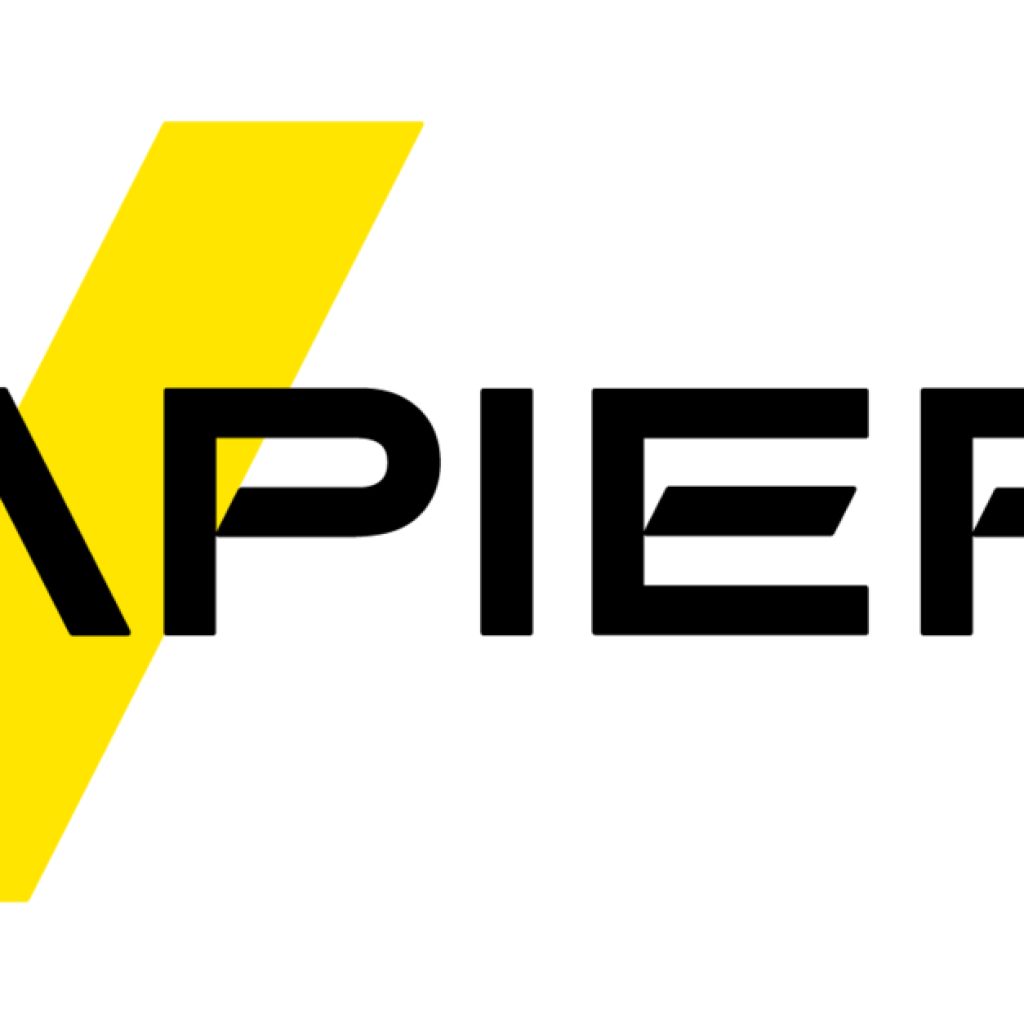Daniel Elk, the founder of Spotify, has recently raised $65 million for his new AI healthcare venture, Neko Health. With a focus on preventative healthcare, Neko Health aims to revolutionize the industry through full-body scans backed by AI. While the company has been relatively quiet and declined formal interviews, its vision of proactive healthcare and early disease prevention has garnered attention. In this article, we will explore the details of Neko Health’s approach, its potential benefits, and some concerns from industry observers. The bigger question is if the Spotify founder can pivot to healthcare from music.
1. A Shift towards proactive healthcare
Neko Health envisions a healthcare system that shifts its focus from reacting to symptoms to preventing diseases before they occur. By leveraging full-body scans, the company aims to detect health issues early and enable data-driven preventative measures. This approach aligns with the growing interest in proactive and personalized healthcare.
2. Innovative technology and sensor integration
Neko Health’s technology combines over 70 sensors to capture a comprehensive picture of an individual’s health. These sensors record extensive data points and generate significant amounts of health data within minutes. The company’s emphasis on sensor technology and AI highlights the potential to leverage advanced tools for interpreting and presenting health data to users.
3. Data interpretation and human doctors
While Neko Health’s technology is intriguing, the interpretation and intelligent use of the vast amount of health data collected poses significant challenges. To address this, the company incorporates human doctors into its service, providing users with access to a summary of their health data through its app. By combining AI-driven analysis with human expertise, Neko Health aims to ensure that users can understand and act upon their health information effectively.
4. Potential benefits and concerns
Neko Health’s proactive approach to healthcare holds promise in extending lifespans and reducing healthcare expenses. By focusing on prevention, individuals can live fuller lives while reducing the prevalence of common diseases. However, concerns have been raised regarding the lack of transparency around Neko Health’s technology and approach. Declining formal interviews and limited information available have led some industry observers to question the company’s ability to deliver on its promises.
5. Regulatory Considerations and Consumer Protection
As Neko Health operates in the healthcare industry, it must navigate regulatory frameworks and comply with data privacy and security requirements. The company’s technology and the potential risks associated with AI and software-driven health services will require careful attention. New EU product liability laws covering harms caused by software and AI further emphasize the need for consumer protection and accountability.
Neko Health, founded by Daniel Elk and Hjalmar Nilsonne, aims to revolutionize healthcare by shifting the focus towards prevention and proactive healthcare. The company seeks to provide early disease detection and personalized preventative measures through AI-backed full-body scans and the integration of advanced sensor technology. While the specifics of Neko Health’s technology and approach remain largely undisclosed, the potential benefits and concerns have sparked interest and debate. Addressing transparency, regulatory compliance, and consumer protection as the company progresses will be crucial to realizing its vision of improving healthcare outcomes through preventative measures.
There were mixed reactions to this top-secret project. For one, observers were quick to point out that Neko’s PR notes that its sensing and AI technology is undergoing “multiple clinical studies running to show efficacy” — so much will rest on the outcomes of those studies., none of which have been published nor peer-reviewed as yet, when we last looked. Transparency in the healthcare space is essential for everyone’s protection, primarily the users.
Its press release confirms there is a cost for the body scan. It notes a visit to the Stockholm center to get scanned costs SEK 1,500 (around $140) for “a limited time”. (The full price is reported as costing SEK 2,000.) While data-points the scan records are said to cover a range of cardiological measurement including ECG, murmur sound, blood pressure, oxygen saturation, arterial stiffness, pulse width, breathing, and heart rate. Let’s queue up and see what’s in store for the first users during its scheduled soft-opening at its first “health center” in central Stockholm.





